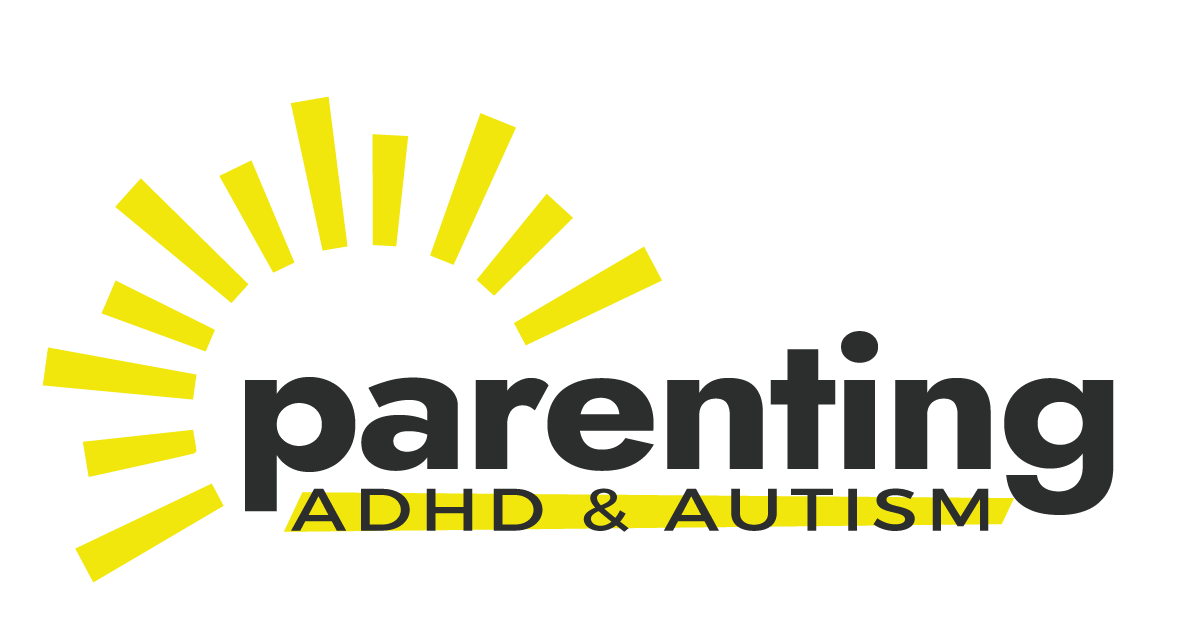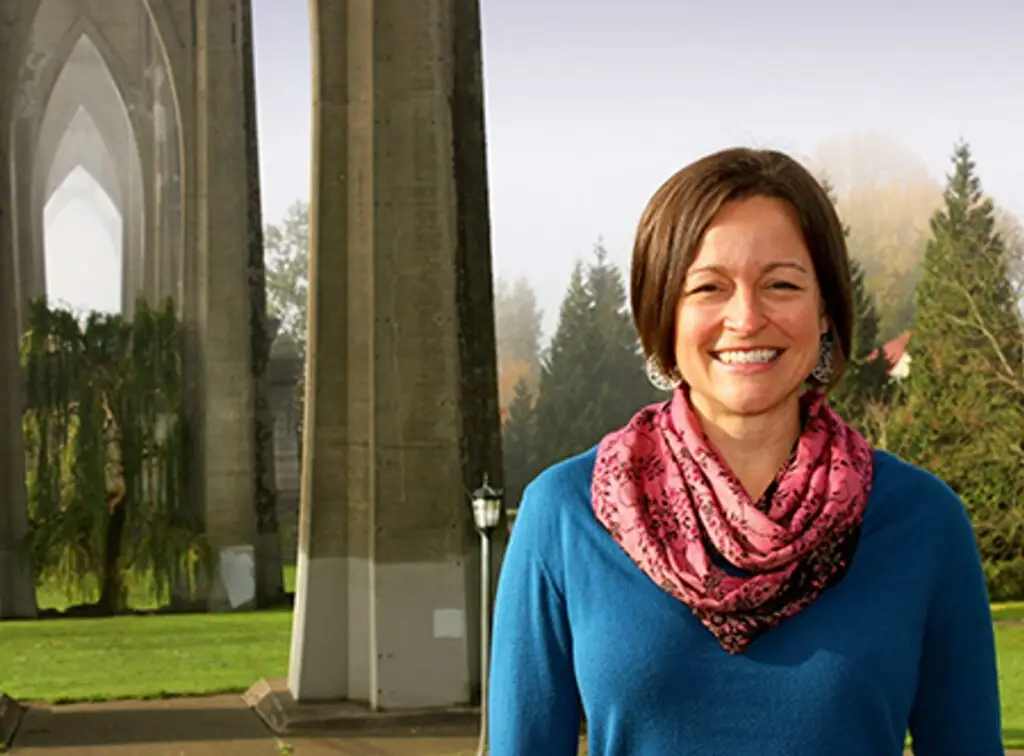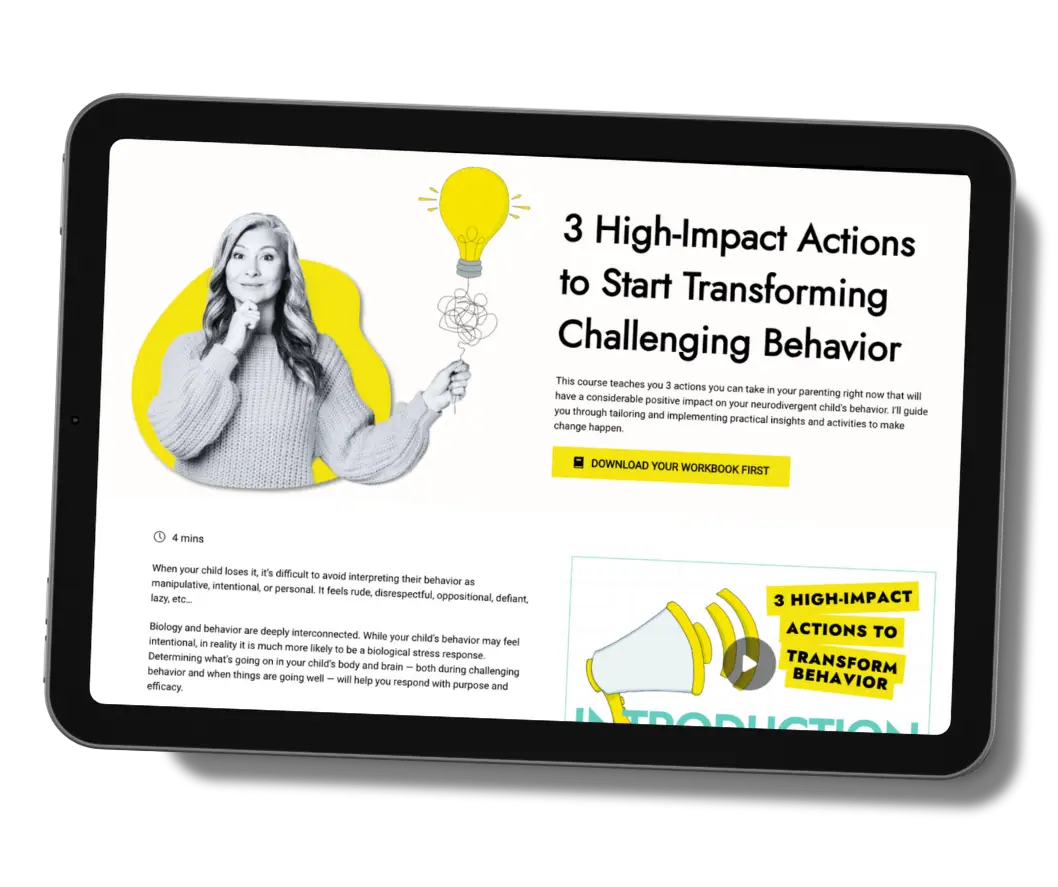Get some Clarity.
This isn’t junk mail… this is life mail. These are strategies for your real life. My newsletter, Clarity, gets delivered to over 30,000 people each week to help them get clear on how to be the parent your neurodivergent kid needs. I’d love to help you, too. Subscribe now, it’s free.









This was fabulous. I loved listening to your perspectives. Finding the right support group is so important and I appreciated how you explained the need for balanced voices not just the negative. Thanks ladies!